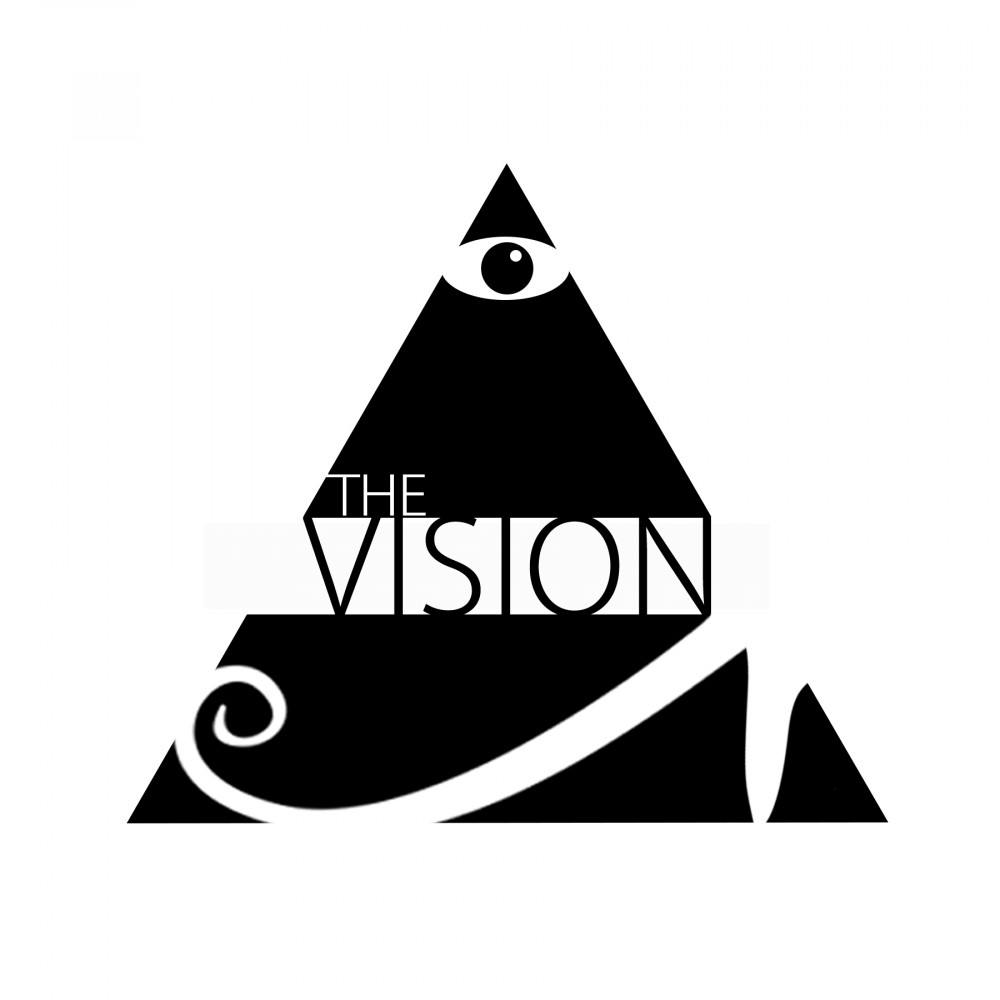“No other group in America has so had their identity socialized out of existence as have black women... When black people are talked about the focus tends to be on black men; and when women are talked about the focus tends to be on white women.” ? bell hooks
Quiet as it’s kept, the denial to protect the black woman in this country belongs to a long-standing American tradition from which this University is not exempt. The Christmas card Phi Delta Theta fraternity produced last semester with a black sex doll was an act of violence that objectified and attacked the black woman. This is not debatable, especially if you do not belong to the community for which this image was viscerally damaging.
With that, it is imperative to recognize that Penn’s decision to disavow itself from protecting its black female students was its own act of permissible violence. And this, too, is sadly not debateable.
This past Friday, Students Organizing for Unity and Liberation’s imitation slave auction in front of Phi Delt and the protest SOUL held for the life of Rekia Boyd, had very specific, nuanced purposes: to recuperate the black woman from a deliberate historical erasure, to mourn the unjust murder of black women and to acknowledge the acts of violence that are persistently performed to our bodies, which time and time again are denied as acts of degradation even when black women deem them as such.
With some of the most “brilliant minds” in the world on this campus, to engage in retrograde dialogue that suggests this “isn’t a race issue,” that black women are “hypersensitive,” that Phi Delt is “nice” and black women need to “get over ourselves” illustrates the ways members of the Penn community attempt to derail black female empowerment in the hopes of salvaging their own comfortable ignorance (which is an affront to the safety of all black women).
It is suffering, at best, to have to swallow the gross swaths of ignorance that permeate a campus as prestigious as one like Penn. But at worst, this brand of cowardly denial demonstrates the intellectual ineptitude of those in power, those who keep speaking and refuse to simply listen.
This consistent erasure of intersectional narratives exists within the Black Lives Matter movement as well. In 2012, an off-duty police officer, Dante Servin, fired rounds from his car into a crowd and murdered the 22-year-old, unarmed Rekia Boyd. Just this past weekend, Servin was declared not guilty on all charges. Following the court’s decision, there was definite outrage but not nearly the same level as that given to subsequent cases involving black men. Black women’s voices, narratives and our own specific violent experiences are being erased. And this erasure is especially damaging when it exists within a movement that was authored by three black lesbian women.
It is unfortunate that even within our own movements, our community falls prey to the same societal standards of sexism, homophobia and ableism. “Black lives” is not epitomized only as the lives of black men. When black female activists choose to voice these concerns, they are told that they are “derailing” the movement, ignored or they receive verbal harassment from their male counterparts. It is unacceptable in 2015 that women, queer and non-cisgender people continue to be the backbone of these movements, and yet our lives are perpetually devalued.
Whenever black women speak we are distorted as speaking aggressively, threateningly and violently; this interpretation is born because of systems of racism that do not value black female voices. The blatantly racist and sexist comment section of the DP has proven, time and time again, why black women’s voices are so necessary and why black women speaking, for and about ourselves, is necessary for our own survival and resistance.
Creating platforms for black women to defend ourselves is an act of self-love and self-preservation, whether in front of the Phi Delt house or within the social landscape of the Black Lives Matter movement. These acts are never comfortable but they are necessary in reinforcing to ourselves that we worthy of protests and that our pain is valid.
“i found god in myself and i loved her, i loved her fiercely.” — Ntozake Shange
VICTORIA FORD and NIKKI HARDISON are a College and Wharton senior from Piedmont, S.C. and Buford, Ga., respectively. Victoria can be reached at vicford@sas.upenn.edu. Nikki can be reached at chardi@wharton.upenn.edu. “The Vision” is a column for unfiltered black voices at Penn that appears every Tuesday.
The Daily Pennsylvanian is an independent, student-run newspaper. Please consider making a donation to support the coverage that shapes the University. Your generosity ensures a future of strong journalism at Penn.
DonatePlease note All comments are eligible for publication in The Daily Pennsylvanian.





